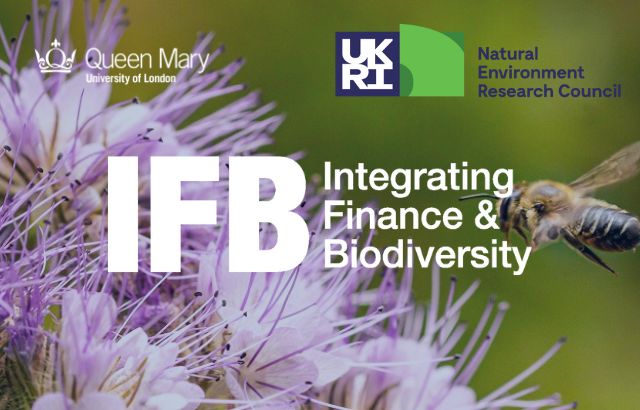Queen Mary University London is a key player in the initiative, with Dr Axel Rossberg, Professor Andrew Leitch, and Dr Joanne Chamberlain all involved. This infusion of resources marks a pivotal moment in the ongoing effort to integrate biodiversity into financial decision-making, reporting, and nature markets.
Phase I of the programme, launched in April 2023, saw 12 pilot projects explore the gaps between finance and biodiversity, engaging over 250 organisations. The positive outcomes of this initial phase prompted NERC to extend its support until April 2026.
The programme's vision is to establish a national capability that bridges the divide between science, finance, policy, and the third sector. This will involve harnessing world-leading science to promote a greener financial system and mobilise capital for nature restoration.
Queen Mary researchers are contributing to the programme through several key initiatives:
- Financing Biodiversity: Dr Axel Rossberg's work on Biodiversity Impact Credits will be further developed, aiding in financing biodiversity conservation efforts at scale.
- Data, Tools and Metrics: This theme will focus on analysing how biodiversity is measured, assessing data needs for stakeholders, and will become a cross-cutting theme for Dr Axel Rossberg and Professor Andrew Leitch.
- Capacity and Innovation: Through secondments, innovation labs, and events, this theme, led by Dr Joanne Chamberlain, will build capacity in both finance, biodiversity and intermediary sectors.
Professor Andrew Leitch said: "Integrating biodiversity considerations into financial decision-making is critical for facilitating the sustainable ecological services upon which we all depend and to reverse the catastrophic loss of species the world faces. This NERC-funded initiative represents a crucial step towards aligning financial incentives with biodiversity conservation efforts, ensuring, we hope, a more resilient and nature-positive future for generations to come."
Dr Nick Wells, Principal Investigator of the network and Director of Impact and Innovation at UK Centre for Ecology and Hydrology (UK CEH), applauded NERC's commitment to building a nature-positive future. He highlighted the programme's success in building a multi-stakeholder community and emphasised its potential to co-develop the tools and knowledge required to incorporate biodiversity considerations into business strategies, investment decisions, and reporting.
Professor Louise Heathwaite, Executive Chair of NERC, echoed Dr Wells' sentiments, underlining the programme's role in empowering financial decision-makers to consider biodiversity in their investments. He added that the research will contribute to a more nature-positive global financial system.
More information on the Integrating Finance and Biodiversity Programme can be found at https://infinbio.org



